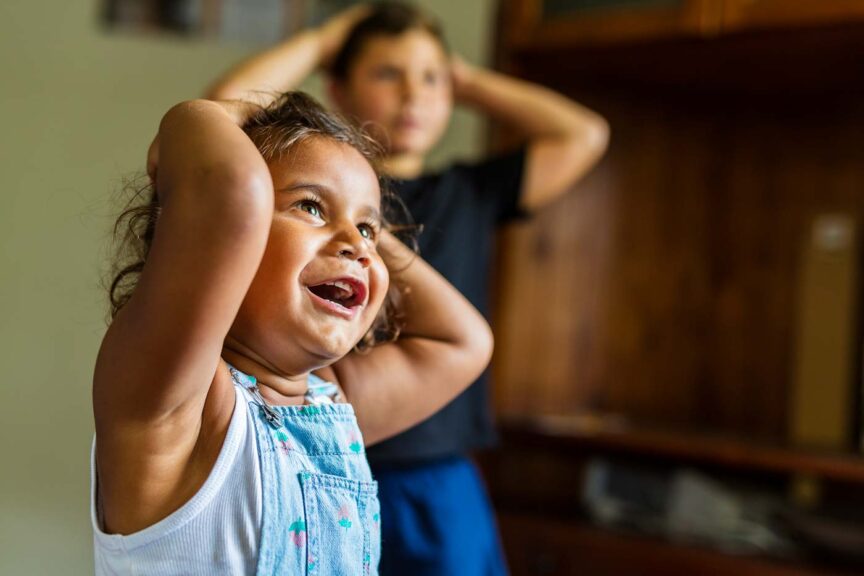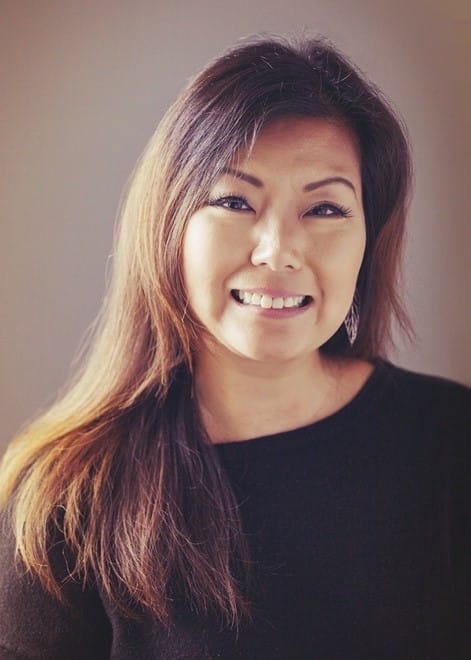Elise came into the 4th & 5th grade class one Sunday in September, and she started to fall asleep. We had never experienced Elise completely disengaged from our Sunday morning ministry. Elise is non-verbal and has a page-long list of physical and learning disabilities.
We were fortunate to find a buddy who could use sign language to communicate with her. We had worked with the Special Needs Coordinator to implement a visual lesson for Elise. Although she couldn’t use words, her high-pitched scream told us that she was happy to be with us. Her mom had told us that she loved coming to church every Sunday.
But that Sunday in September, we experienced a new behavior that baffled us. Initially, we thought it was a fluke. However, as her behavior continued to change throughout the month, we knew something was going on. We met with her parents to discuss her new behavior, and, to our surprise, her parents told us that she usually fakes sleeping when she is bored.
Inclusive Ministry
Having been in ministry for over 25 years, I grew to value ministering to families with differently abled children. I was fortunate to serve in a church with a dedicated Special Needs Coordinator.
She helped with assessments, and she met with the parents and the leaders to construct a plan to meet the needs of individual children who could greatly benefit from an individualized plan.
Elise was one of the sweetest girls, and she taught me so much about what it means to have an inclusive ministry. At first, the Special Needs Coordinator provided us with a visual lesson so that her buddy could help Elise understand the weekends’ lessons. In addition, she provided us with activities better suited for her.
But our goal was always to include Elise in the class as much as possible. We had great success with this model for a year. Elise came consistently to church, and her family became very engaged members of our community.

Learning to Pivot
The following year, we decided to continue with the existing program for Elise in the 4th & 5th grade class rather than sending her up to middle school programs since we were better equipped to support differently abled children. Within a month or two, we began to experience a difference in Elise’s behavior and her engagement level.
As we probed into what may be going on, Elise communicated to her parents that she wanted to be with her friends in middle school. She also wanted to serve as a junior volunteer in our early childhood classrooms like her friends. Honestly, this information had me stumped.
As I prayed through this circumstance and continued to discuss this matter with her parents and her buddy, God revealed my failure to see Elise as a whole person uniquely created by God. What we were doing for the past year was good, and it met a lot of needs. But we were so focused on accommodating her “disability needs” that we didn’t think about her social needs and desires.
We thought we had the right answers for an inclusive ministry, but we failed to help Elise feel known and part of the church. After much discussion and planning, we expanded our buddy system to our middle school ministries. But most of all, we paved a path for Elise to become a junior volunteer in our Toddler 2’s class along with her buddy. Elise’s face lit up again, and she was once again fully engaged during her attendance.
We thought we had the right answers for an inclusive ministry, but we failed to help Elise feel known.
Continued Growth
Our experience with Elise taught all of us so much. We had limited her experience based on what we thought she needed. However, we all quickly came to realize that, while she may never speak in sentences or walk without a limp, Elise is way more capable than we give her credit.
My prayer was that we would all see her the way God sees her: not as someone who is always dependent on other people to get by, but as someone with the potential to serve and help meet the needs of others as well.
Elise has a purpose on this earth just like every other person, and once we were able to think outside the box and follow the leading of the Holy Spirit, our inclusion ministry brought a new life.
Shortly after Elise joined the volunteer team, we also had a teen with down syndrome serve in our early childhood ministry with his buddy. Jeremy was one of the most consistent volunteers to our toddlers, and they fell in love with him and his buddy.
My prayer was that we would all see her the way God sees her: not as someone who is always dependent on other people to get by, but as someone with the potential to serve and help meet the needs of others as well.
God’s Purpose and Plan
As we expanded the scope of our inclusion ministry, even our conversations with the families changed. Of course, we continued to meet the needs of the children. But, together, we also talked about how they can learn and participate AND how God would use them to encourage and serve others (even their peers). We focused on God’s purpose and plan for them as we foster inclusion and engagement with their peers.
Today, I will admit that being at a new church without an existing inclusion ministry has been challenging because I have had to build it from scratch. However, I am better equipped to create a ministry that goes beyond programs.
I’m having deeper conversations with the families about their needs, and we’re even challenging and supporting parents to see their kids’ unique purpose and how their lives can tell of God’s goodness and wonder. I know that it’ll take a lot of time, prayers, energy, and effort to get to where I want us to be. I also know that every moment, all the hard work, and each drop of sweat will be worth it.













